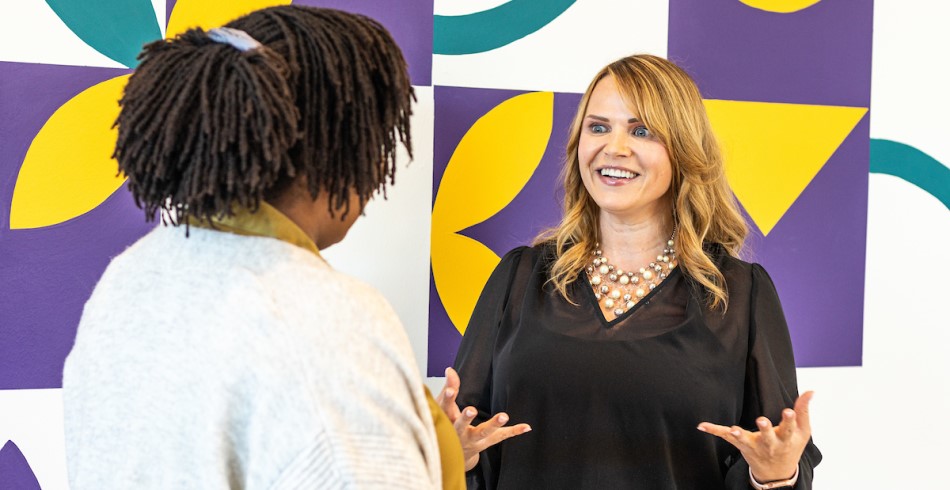How to promote civility & respect in difficult conversations

Be civil to all; serviceable to many; familiar with few; friend to one; enemy to none.
- Benjamin Franklin
Let's face it, talking to someone you disagree with can be tough. We all want to hold space for our own thoughts and opinions, but it's also important to respect other viewpoints. The good news? There are civil and respectful ways to navigate these conversations productively!
The keys to civil dialogue:
- Lead with kindness: Approach people and situations with empathy and a willingness to understand.
- Be the change: Model the behavior and communication you want to receive. If you don’t like yelling, don’t yell. If you don’t like being patronized, don’t patronize.
- Choose your battles: Consider carefully when and where speaking up is truly necessary and the best course of action.
- Respectful disagreement: It's okay to disagree! You can maintain your personal beliefs while accepting that disagreement and conflict will exist.
- Active listening: Listen respectfully without interruption. Focus on understanding their perspective.
- Focus on ideas, not people: Discuss the issue and avoid making personal attacks.
- Intelligence isn't always agreement: Do not associate agreement or disagreement with intelligence. A disagreement doesn't make someone less intelligent.
- Manage your emotions: Whatever view you feel strongly about, another person may feel just as strongly against. Although high emotion is not necessarily the mark of incivility, remember that it may cause a conversation to escalate in unproductive ways.
- Mind your tone: Your tone and volume matter. Speak calmly and avoid raising your voice. Text and social media are tricky for conveying tone, so consider having difficult conversations in person or over the phone.
- Mind your manners: Sarcasm, name-calling, and insults shut down conversations. Politeness and respectful communication open doors.
- Facts over assumptions: Rely on evidence, not speculation.
- Seek understanding: Explore context from different backgrounds and cultures. This can increase your insight and compassion.
- Focus on solutions: Adopt a positive and solution-driven approach to resolving conflicts. Sometimes the resolution isn’t agreement, it is understanding.
- Celebrate differences: Recognize the value that others’ contributions bring to the table.
Hard conversations, disagreements, debates, and even spiritual discourse can all present challenges. However, with a commitment to civility and respect, we are more likely to find solutions, resolutions, acceptance, and understanding.
If you’re struggling to have a hard conversation or avoiding topics that might cause conflict, reach out to the CTX Counseling Center for more strategies and support at counseling@concordia.edu.
LEARN MORE